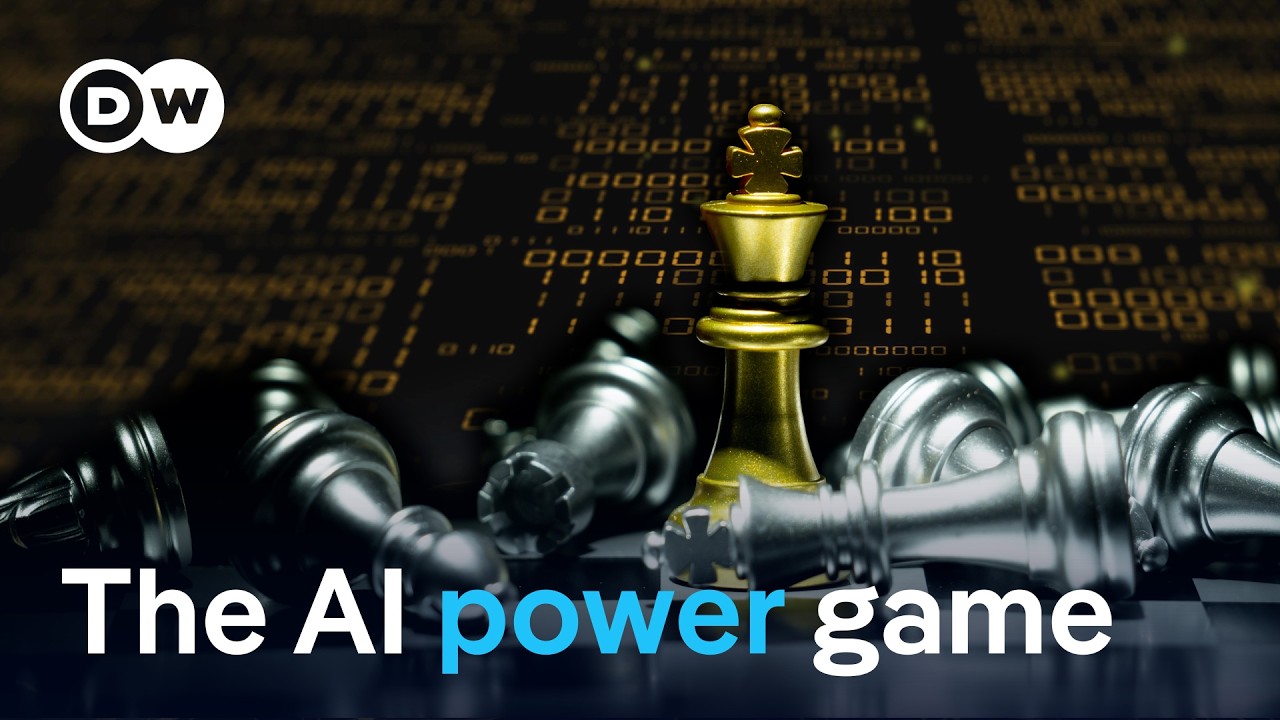The video discusses how artificial intelligence (AI) is reshaping geopolitical power dynamics, highlighting the ethical concerns and regulatory differences between the European Union and the United States. Expert Ivana Boletti emphasizes the importance of responsible AI development to address socioeconomic inequalities and ensure that AI benefits diverse populations while maintaining transparency and protecting individual freedoms.
The video discusses the profound impact of artificial intelligence (AI) on geopolitics and power dynamics, emphasizing that AI is more than just a technological advancement; it is a significant force shaping global relations. Ivana Boletti, a privacy and AI governance expert, highlights the ethical concerns surrounding AI as nations and corporations race to harness its potential. The conversation revolves around the need for responsible AI development that prioritizes humanity’s best interests, especially in light of the rapid advancements in AI technology.
Boletti reflects on the recent AI Action Summit in Paris, where global leaders and industry representatives gathered to discuss AI’s future. Unlike previous summits that focused on security and safety, this event emphasized the adoption of AI at scale, particularly in Europe. The summit marked a strategic collaboration between leaders like French President Macron and Indian Prime Minister Modi, aiming to foster innovation while ensuring responsible practices in AI development.
The discussion also touches on the divergent regulatory approaches to AI between the European Union and the United States. The EU has introduced the AI Act, which emphasizes regulation, while the U.S. leans towards a market-driven approach. Boletti argues that trust is crucial for the adoption of AI technologies, as consumers and businesses will gravitate towards AI products they can rely on. She stresses that regulation and innovation can coexist, drawing parallels to the necessity of testing safety measures in cars and medicines before public use.
Boletti’s book, “An Artificial Revolution on Power Politics and AI,” explores how AI can exacerbate existing socioeconomic inequalities. She points out that AI systems trained on biased data can perpetuate discrimination, reflecting societal inequalities in their outputs. The conversation highlights the importance of ensuring that AI benefits diverse populations and does not reinforce the status quo. Boletti emphasizes the need for policymakers and tech leaders to address these challenges proactively.
Finally, the video addresses the concept of algorithmic governance and the balance between leveraging AI for societal benefits while protecting individual freedoms. Boletti notes that personal data is a source of power, and there is often an imbalance between consumers and larger entities in the digital ecosystem. To mitigate this, she advocates for transparency in AI decision-making processes, allowing individuals to understand and challenge the outcomes generated by algorithms. This transparency is essential for fostering trust and ensuring that AI serves the public good while respecting personal liberties.
